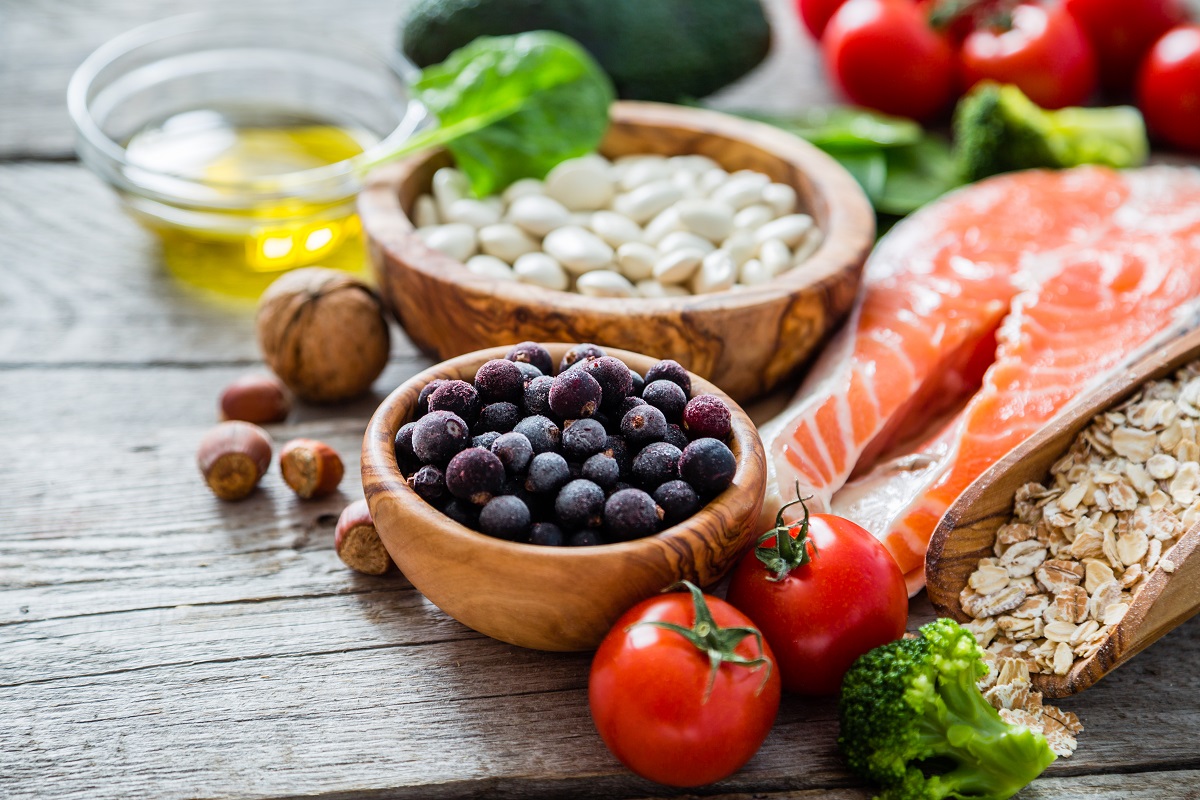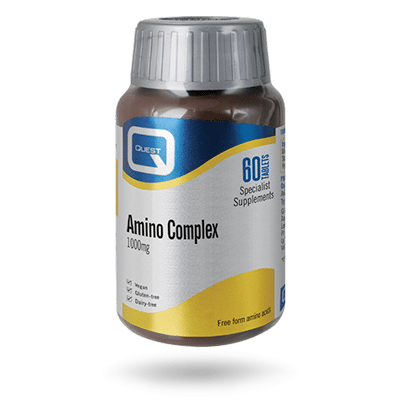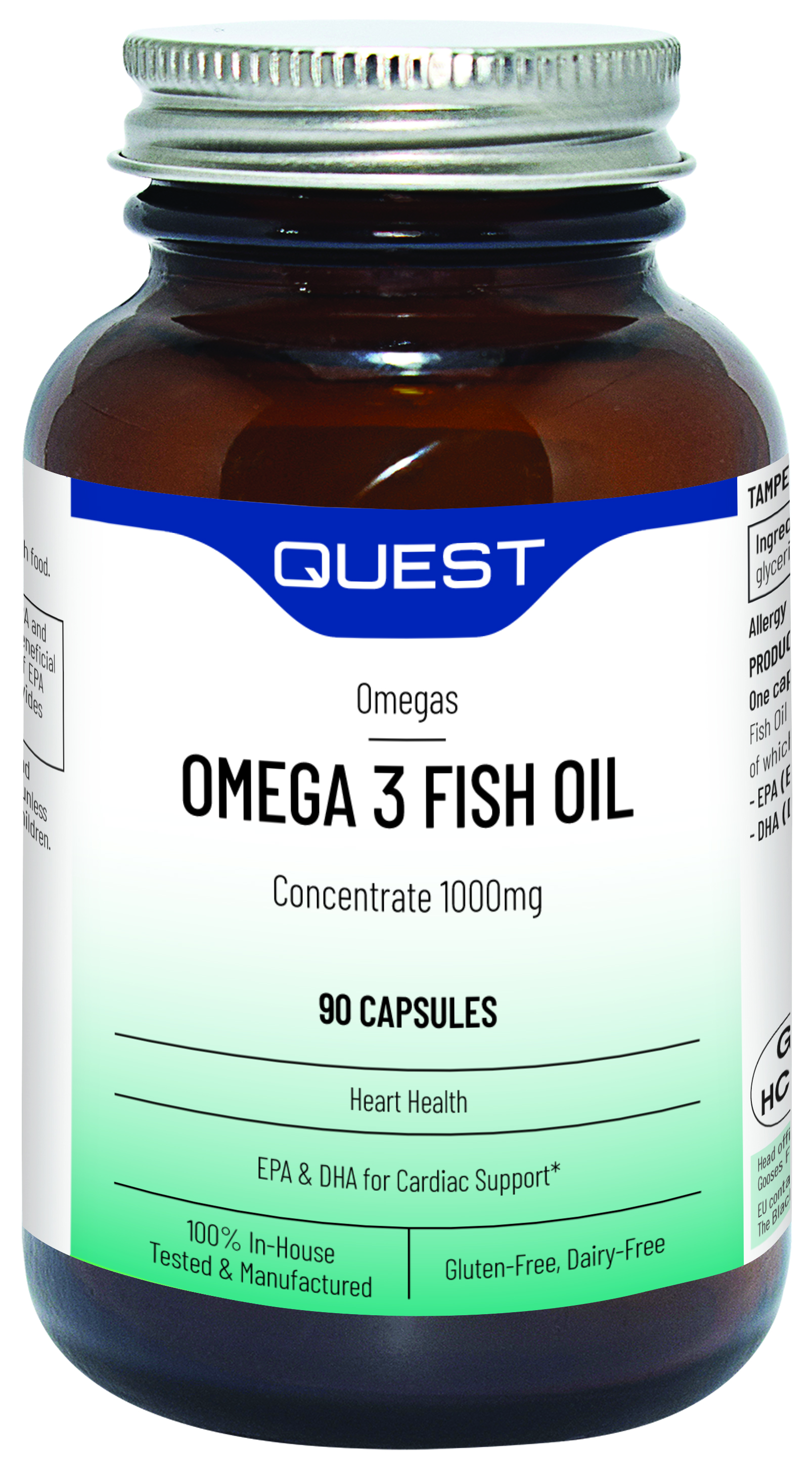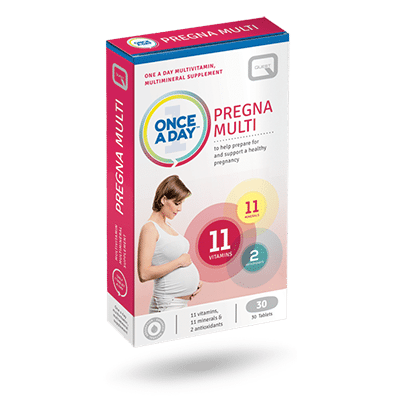After nine excruciating months of going without sushi and red wine, you’re likely more than excited to indulge in all of your favourite foods once again. But your body has been through so much over the past months; you grew a human within yourself!
That and the fact that you’re still physically recovering from labour means that you need to ensure you’re getting the nutrients you need to nourish your body. In this article, find out how you should eat during the post-partum recovery period – especially if you’re breastfeeding.
#1 – Don’t diet
While you may be keen to lose all the weight you gained during pregnancy immediately after giving birth through dieting, you shouldn’t. As a new mom, you need to take it slow with weight loss, allow your body to bounce back from labour and delivery, and balance your meals with a mix of legumes, grains, vegetables, and fruits.
Plus, if you’re breastfeeding, your baby will take calories and nutrients before you will. And that means you’d need an extra 500 calories daily to keep both your milk supply and energy up.
#2 – Eat a protein-rich diet
Protein is your body’s building blocks for enzymes, hormones, and body tissue. After having supported your baby’s growth for nine, long months and producing protein-rich breast milk, you need to replenish your reserve of protein. Typically, you’d need a total of 70 to 80 grams of protein per day. Be sure to include good sources of protein, such as milk, yoghurt, and lean beef, in your diet.
By the way – if you didn’t already know, protein is made up of amino acids. So, if you’re unable to stomach so much protein daily, you can consider using amino acid supplements to meet the recommended intake.
#3 – Incorporate healthy fats
Healthy fats, which you can find in avocados, fatty fish, nut butter, and nuts, are excellent additions to a well-rounded meal. Not only do fats enhance the flavour of your meals, but they are also highly satiating – which will help prevent unwanted bingeing episodes in the middle of the night. It’s also worth mentioning that omega-3 fatty acidss may decrease the incidence of postpartum depression!
#4 – Continue taking your prenatal supplements
Don’t stop taking your prenatal supplements just because you’ve given birth! As a new mom, your body has particular nutritional needs. Vitamins A, C and D, along with iron, calcium, and magnesium, are all nutrients to pack in your daily meals.
But with a new baby to nurse and take care of, it can be challenging to cover all your bases nutritionally. In such occasions, prenatal supplements are the assurance you need that you’re still getting all the nutrients you need, even if your diet is somewhat lacking.
#5 – Consume lots of fibre
Constipation is never enjoyable. To keep things moving along in the toilet so you can spend more time with your baby, you need to eat lots of fibre. It helps your body hold on to water, which softens stool and makes it easier for you to pass it out. You know, just in case you were wondering. So, fibre-rich foods you should reach for include leafy greens, cruciferous vegetables, legumes, and oatmeal.




